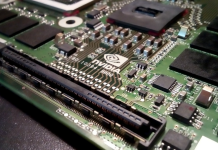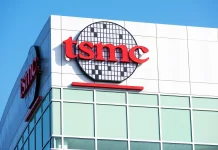Japan doesn’t want to be left behind when it comes to the advanced semiconductor business and in line with that, the country is reportedly planning to invite the leading contract chipset manufacturers to set up a production plant in the country.
As per the report from Yomiuri daily (via Reuters), Japan is planning to invite Taiwan Semiconductor Manufacturing Co Ltd or other global chipmakers to build an advanced chip manufacturing plant along with domestic chip equipment suppliers.

According to the report, the Japanese government is also ready to offer several hundred billion yen, or equivalent to several billion dollars, over the coming years to those chipmakers who join this project.
When contacted by Reuters, the TSMC spokesperson denied such plans at the moment but said that the company would not rule anything out in the future.
The development comes just months after TSMC announced that the company will build an advanced chip foundry in Arizona, United States with support from the state and the federal government. The company expects to spend about $12 billion between 2021 and 2029 on the project, with construction slated to begin next year.
EDITOR’S PICK: Huawei begins counterattack, files patent infringement against Verizon, HP, and Cisco
In compliance with the new rules from the U.S. requiring chipmakers using US-based technology to apply for a license to ship chips to Huawei and other banned entities, TSMC has stopped taking new Huawei orders since May.
TSMC is a leading chipset manufacturer globally with over 50 percent market share. It is known for manufacturing chipsets for major firms like Apple, Qualcomm, Huawei, MediaTek, NVIDIA, Broadcom, ADI, NXP, and others.
Huawei accounted for 23% of the revenue generated by TSMC in 2019. Even after the Huawei ban, TSMC is forecasting revenue of $11.2-11.5 billion for Q3, which is 20.7% more than last year. Additionally, the company increased its revenue growth target to over 20% for 2020 and even increased its capital expenditure to up to $17 billion, from the previously planned $15-16 billion.
UP NEXT: OnePlus Buds confirmed to be priced under $100; color options and renders leaked ahead of launch tomorrow






